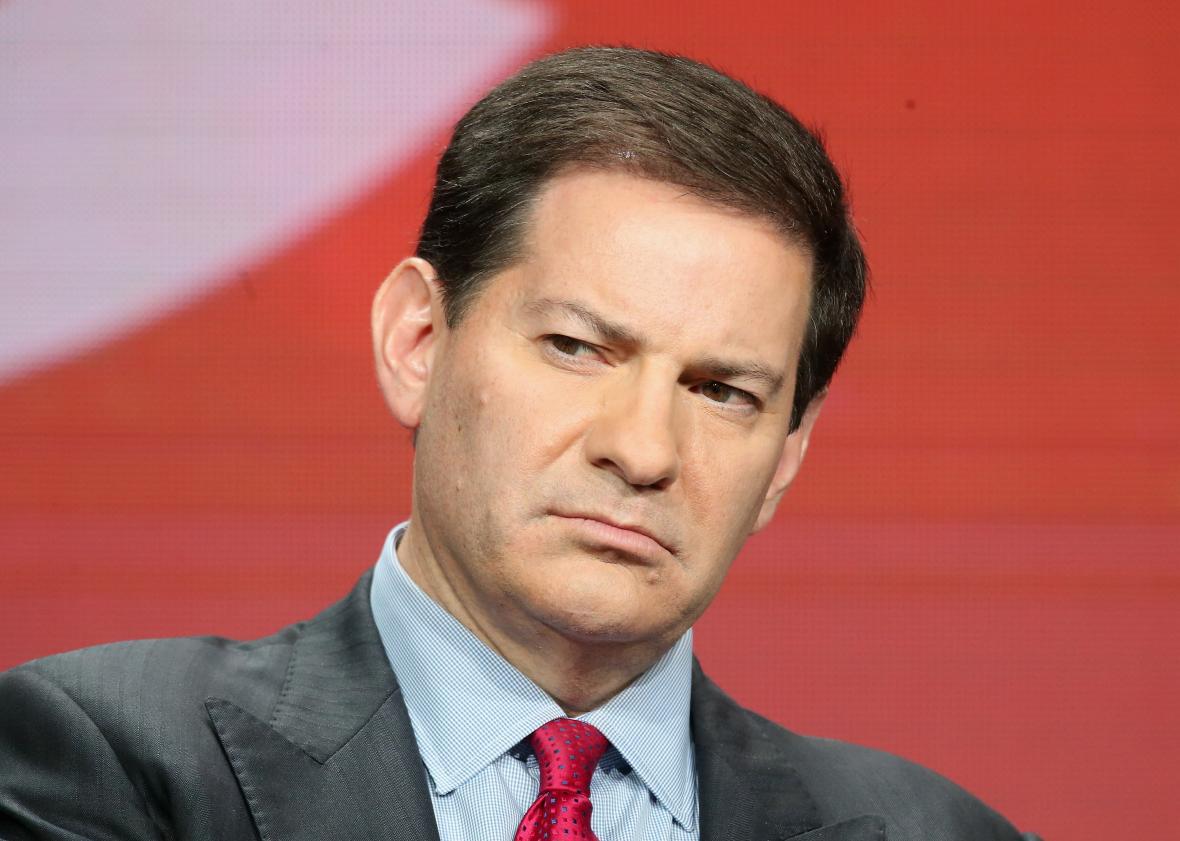Wednesday night, as you may have heard, Donald Trump refused to say whether or not he’d accept the results of November’s presidential election, which he has claimed for some time might be rigged against him. “What I’m saying is that I will tell you at the time,” Trump told moderator Chris Wallace. “I’ll keep you in suspense.”
As my colleague Ben Mathis-Lilley wrote last night, there’s good reason to believe Trump’s efforts to pre-emptively undermine the legitimacy of the election might not amount to much in the wake of what is likely to be a Clinton landslide. But there is also legitimate reason to be concerned that the Trump supporters evidently gearing up to “monitor” polling stations on Election Day could threaten voters, especially minorities already impeded by Republican efforts to disenfranchise them through voting laws. Moreover, it is also legitimate to be concerned that Trump diehards, some of whom have broken into violence over the course of this campaign, might foment civil disorder once the results come in. You can both think nothing will probably happen, and be worried that it might.
Unless you are MSNBC and Bloomberg senior political analyst Mark Halperin, who told Joe Scarborough on Thursday morning that Trump’s shrugging about accepting the results of the American democratic process could only trouble out-of-touch elites:
They look at this answer as wrong, morally wrong, against our traditions. And so the elites have the power to make this the whole debate. Kellyanne Conway and others came into the spin room afterward and said, “Why are you seizing on one moment?” Well, because it’s a moment that is out of sync with everyone else on his campaign. It’s a moment that offends the sensibilities of elites.
Elite solipsism is one of Halperin’s favorite topics and a very real thing. As he’s correctly surmised before, the shelteredness of many of the people paid to concern themselves with politics from the lives and thoughts of “everyday” voters is one of the reasons why Trump was so deeply underestimated. This 2010 Halperin column in Time about Sarah Palin’s political future is eerily prescient on this front. “Trash her all you want (even you Republicans who are doing it all the time behind her back) for being uninformed, demagogic and incoherent, and brandish the poll numbers that show fewer and fewer Americans think she is qualified to be President,” he wrote. “Strain to apply political and practical norms to Alaska’s former governor. You are missing the point.
“Her followers forgive her sloppy syntax and seemingly haphazard methodology — to them, this makes her accessible, relatable and real,” he went on to say. “The more she is attacked and belittled, the more they rally to her defense.” Halperin was wrong about Palin having a political future, but, while he didn’t know it at the time, he was describing a dynamic we’ve seen this year. The elite ignorance that once underrated Palin’s appeal to the Republican electorate underrated Trump’s for the same reasons. Point Halperin.
There is, however, one aspect of elite solipsism Halperin regularly neglects to opine about: elite ambivalence—the fact that some people paid to concern themselves with politics are often not only unaware of how “regular” Americans think and live their lives. They also don’t really care. And this is where Halperin’s comments to Scarborough really grate.
For Halperin, the appropriateness of Trump’s rhetoric on the election is a question of political strategy. No regular voter will think it matters, he decides, perhaps correctly. Elites do and will hit Trump for Wednesday night’s answer. This is the extent of his analysis. He has nothing to offer on the question of whether Trump’s words will make Election Day difficult for minority voters and election officials, nothing to offer on what Trump’s supporters might do after the fact. These questions, which regular people going to the polls will have to wrestle with come Nov. 8, are immaterial to him.
Mark Halperin reportedly makes $1 million a year. He attended Harvard University. He is the son of a foreign policy analyst that served three presidents. He is an elite even among media elites, one who’s managed to puncture the bubble of elite opinion only by believing the worst about what the American people expect from their politics. This particular election year and the crisis of the Republican Party have made analyses premised on the divide between elites and the average voter useful and attractive, and Halperin, as out of touch and clueless as he himself can be, can take some pride in having avoided some of the miscalculations other elites like himself have made. But there are worse things about being an elite than misunderstanding how politics play out. Like just not caring.
